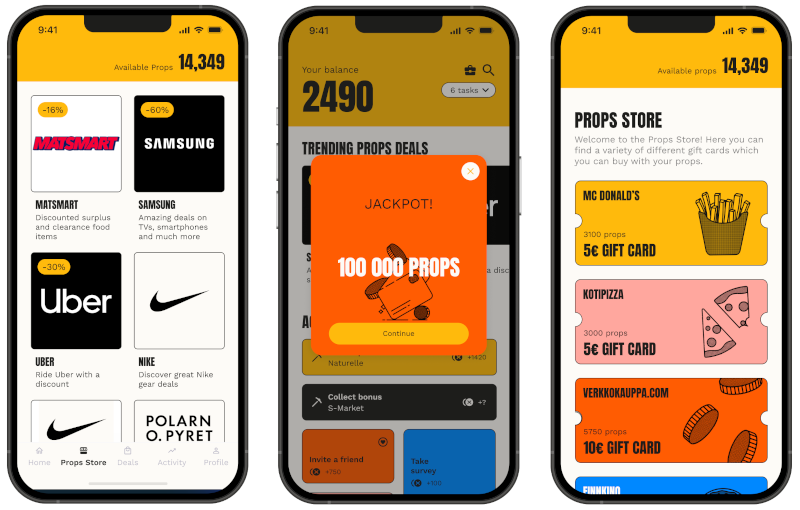Should I Reward People Who Take My Interviews?
If you are planning to run interviews for your business or product, one of the first questions that comes up is whether you should reward people for their time. The answer is not the same in every situation. It depends on the type of interview you are running, the kind of people you are trying to reach, and the outcome you are hoping to achieve.
Some interviewees will be happy to talk with you without any reward, especially if the topic is interesting to them or if they feel they might learn something valuable from the conversation. Others will not want to give their time freely, and without an incentive they may decline. Rewards can help bring people in, but they also carry a risk. If you offer money or vouchers, some participants may be tempted to give you answers they think you want to hear rather than being fully honest. Also rewards attract a differet type of people. This can make the data you collect less reliable.
When you want to interview professionals who bill their time by the hour, the dynamics are very different. These people are used to valuing their expertise in terms of money and usually guard their time closely. Asking them for an interview without offering something in return can feel unrealistic. In most cases, you should plan to provide a clear reward, and sometimes that means direct payment. Lawyers, consultants, doctors, and other professionals in similar fields are more likely to agree to talk if you respect the fact that their time has a market value. While this may raise the cost of your research, the quality of insight you gain from such interviews can be extremely high and well worth the investment. Often the only trick you can use to avoid payment is offering knowledge in return. Sometimes you may have knowledge about new technology, the market or something of value you can share with them.
For customer exit interviews, rewards are usually a good idea. A customer who has already left your product or service does not generally want to interact with you anymore. By offering them something in exchange for a short conversation, you increase the chance they will share their thoughts and help you understand why they moved on. Even then, you need to keep the process simple and respectful. Do not expect a long session; people at this stage are unlikely to invest much time. Also do not try to win them back, as that would make them feel lured into the interview only for this.
Customer discovery interviews are very different. These conversations are about learning and discovering things from your potential customers. For a startup, the best discovery interviews are those where your subject is genuinely interested in talking. Ideally, they are interested to talk to you because they are an earlyvangelist open to new ideas and gladly share their pain points with entrepreneurs who can solve them. Hopefully they also walk away from the meeting with something new to think about. Because you want authentic discussions, it is better if these interviews are motivated by curiosity and shared interest rather than by a gift card.
When discovery requires volume, you can compensate some with a reward, especially if an AI Agent is conducting the interview. But when it comes to customer discovery interviews, uou cannot outsource all of them to an AI agent, because the insights often come from the personal connection you create. But an AI agent can handle a big load of them and add additional value.
Generally, if your interviews are being conducted by an automated AI Agent, such as SelkoDialog, offering a reward or at least the chance to participate in a lottery is often recommended. The interaction is less personal, and a small incentive can help people feel that it is worth their while to spend time with a bot.
In general, a useful way to think about rewards is to match them to the context. If you need reluctant people to open up, a reward can help. If you are trying to gather authentic insights, you may want to avoid anything that changes the way people speak to you. Always consider the trade-off between higher participation and the quality of the responses you are likely to get.
The most valuable interviews are those where both sides feel that the time was well spent. Sometimes a reward makes that possible. Other times the reward is the conversation itself.
Get started today and see how automated user research can transform your product development process.
Ready to revolutionize your user research? Sign up for free and get your first 3 interview credits.


